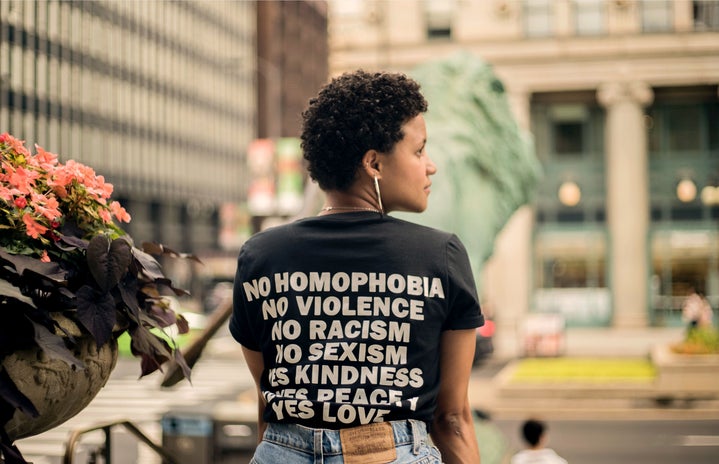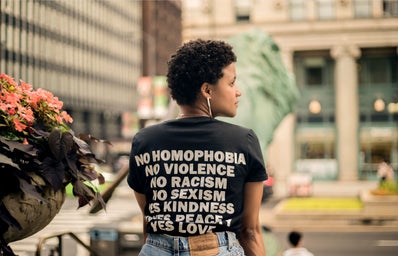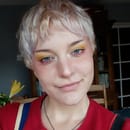Award season is over and it’s been a year since the Academy’s diversity checklist was put in place.
So, I guess the question is now, does this mean that pop culture has changed forever? Perhaps it’s time to review some recent cultural touchstones—or at least the ones that I liked— and find out.
‘RuPaul’s Drag Race’ worldwide
Having just finished Drag Race UK (2019) season 2 (*spoilers* #Biminiwasrobbed) and the original RuPaul’s Drag Race (2009) season 13, I was surprised to see that I could immediately begin watching the all-new Drag Race Down Under (2021). With variations airing from the USA, Canada, the Uk, Australia and New Zealand, Thailand, Chile, Spain and finally the Netherlands, that secures RuPaul’s influence across at least 12 countries by my calculation. (I myself recently introduced my family to Drag Race and they honestly love it.)
It appears that Drag is truly a worldwide phenomenon and it would also be negligent of me not to mention at this moment the utter and complete roaring success of the Queer Eye (2018) revival. For too long in poetry, film, books and TV has the LGBT story been contained to one predominantly of pain, of ‘othering’, of the drama of coming out— Love Simon (2018), The Prom (2020), Happiest Season (2020) are just a few recent examples— but with the growing popularity of LGBTQ+ led media, this could be on the turn.
Although the infamous Hays Code was disbanded in 1968, its impact is still felt in media today. Not only did it ban profanity and nudity alongside other general principles of ‘traditional values’, but additionally the code prohibited any kind of ‘sex perversion’ which apparently meant anything range from homosexuality to interracial relationship. It was their way of pretending as none of these things existed. Yes, we’ve come a long way since then, but the staying power of tradition undercuts almost everything that happens. But I suppose the question now is, will these shows, heralding love, acceptance and pride, make way for non-heteronormativity to exist alongside every other beautiful thing popular culture has to offer?
I sure hope so.
‘Falcon and The Winter Soldier’
Marvel’s latest foray into television has undoubtedly been a great success, right when the world needed it most. The latest addition, Falcon and the Winter Soldier (2021) (*spoilers* again) could also be considered their first foray into the overtly political. Yes, morality and justice have always graced Marvel’s silver screen, but the cinematic universe was yet to really explore the world of politics. Laced throughout the episodes of Falcon was debates around immigration, citizenship and the revolutionary idea of a black Captain America—
As he finishes saving the day, Sam Wilson— aka. the Falcon, aka. Captain America—gives a profound speech about the responsibility of government and power. He tells them to listen to people in pain and do better. This heartfelt judgement of modern government comes after a storyline about Isaiah Bradley— the black super-soldier who believes that no self-respecting black man would want to be Captain America— and so these words of Wilson’s, in his stars and stripes, hold so much more weight than if they’d come from someone else. There is an intense beauty, then, when we see Bradley acknowledged in the museum of the first Avenger, his rightful place in history. Whilst I know in the comics the shield’s frequently passed between Steve, Sam and Bucky, here in the cinematic universe, one of the biggest phenomena in modern pop culture, the mantle is definitively Sam’s.
Now, we’ve had superheroes of colour in the MCU before, James Rhodes has been there since the beginning (although not always as War Machine) and Black Panther’s (2017) huge success demonstrated the superhero world was unavoidably diversifying. But, what does it mean that Cap is now African American? What does it mean that the figurehead of the USA, which dominates both culture and thought, is a person of colour? What does this mean for the ever-changing face of (popular) culture?
‘Framing Britney Spears’ and #freebritney
Okay, I clearly love superhero movies, but did I mention that watching Captain Marvel (2019) made me cry, and so did Wonder Woman (2017), because, as objectively mediocre as these films were, it was the first time as a young woman, saw myself being done justice on screen. Cringe all you want at the two moments of girl-superhero-team-up in Infinity War (2018) and Endgame (2019), I know it was contrived, but we deserved it and I loved it and I can’t wait for Black Widow (2021).
Basically, these— away from the male gaze and boys club— are indicative of the budding trend in recent years towards exposing how women have been portrayed and treated in the public eye. Just consider the impact of the recent Framing Britney Spears documentary— Since its release this February, countless other examples have been resurfacing of how we the audience, other celebrities and media have mistreated and misconstrued women in the limelight, like Lindsey Lohan, Janet Jackson, Taylor Swift. Combine this with the culture-stopping, history-rewriting and Hollywood-shaking #metoo movement and suddenly we have a new way of thinking on our hands. It surely begs the question, with the incarceration of Weinstein and the growing recognition of how badly these female backbones of pop culture have been treated— does this mean we’re on the road to better?
A similar set of questions were asked just a few weeks ago with the conviction of Derek Chauvin— is this a step towards justice? Will this moment in history be the turning point? How can we make sure it is?
Obviously as vital as it is, diversity and representation has a significant way to go before everyone feels seen, heard and validated by their favourite media. But it’s good to take a breather once in a while and look back at what’s happening so it can give us hope for the future.


